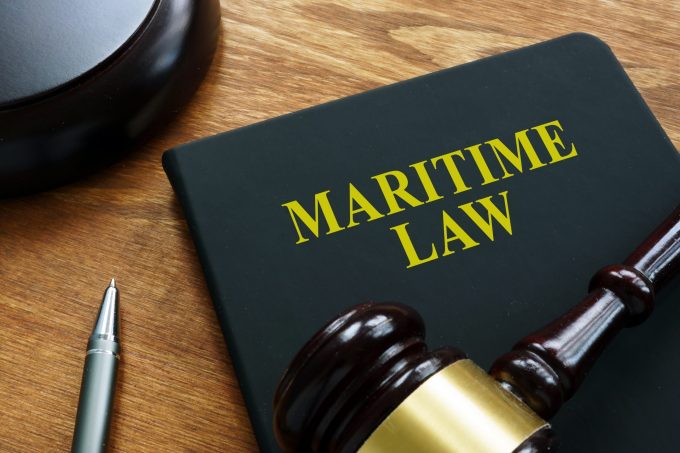Shippers brace for extra costs as carriers invoke force majeure
With US east and Gulf coast ports inaccessible and carriers unable to fulfil contracts, contract ...

As the fallout from the tragic Baltimore bridge collapse continues, the odds are mounting that box ship Dali’s owner will declare ’general average’ (GA), forcing cargo owners to pay for the costs of the casualty.
On Tuesday, the 9,000 teu Dali crashed into a support pylon of the Francis Scott Key Bridge, effectively blocking the entrance to the port and causing significant damage to the ship and cargo.
Marine claims consultant WK Webster said: “Having reviewed the position further, the prospect of ...
Asia-USEC shippers to lose 42% capacity in a surge of blanked sailings
USTR fees will lead to 'complete destabilisation' of container shipping alliances
New USTR port fees threaten shipping and global supply chains, says Cosco
Outlook for container shipping 'more uncertain now than at the onset of Covid'
Transpac container service closures mount
DHL Express suspends non-de minimis B2C parcels to US consumers
Zim ordered to pay Samsung $3.7m for 'wrongful' D&D charges
Uncertainty over US tariffs sparks interest in bonded warehouses for imports

Comment on this article
Alexander George
March 29, 2024 at 12:42 pmGeneral Average happened to me once in the course of my career, about 15 years ago, when a container ship ran a ground at Norfolk, Virginia. The claim against the cargo owners should be limited to the invoice value they declared to have on board, no more. Shipper invoices have to be filed with either the freight forwarder or the shipping line when you ship-so the owners will know exactly what is on board and how much it’s worth. , They will keep your cargo in detention until the bill was paid. This is why it’s important for people to always have all- risk, marine cargo insurance , which will pay that claim. It has always floored me, those people I’ve known who’ve tried to do without because the insurance is basically very cheap . The real thing to watch is whether the ship owners limitation of liability act of 1851 can be invoked? If it can, the ship owners insurance underwriter are going to likely have to pay little. The bridge replacement cost has to be at least USD 2 billion (the new Tappan Zee Bridge cost USD 4 billion and is a double span, so take half that amount for the key bridge as an estimate). When you add in the harbor closure, shipping delays and all the other associated losses, this is going to be a multi billion dollar calculation. It will be up to five years until things are normal again.
Charles Dey
March 31, 2024 at 4:46 pmMy understanding is that General Average is only applicable where there is loss or damage resulting from a deliberate act which was committed to save the whole voyage (i.e. the ship and her cargo). A good example is cargo deliberately thrown off a ship to lighten it after grounding.
This was an accident, I can’t understand how General Average can be implemented under these circumstances. Can an expert help here please?
JOSE CASTELBLANCO
April 02, 2024 at 5:24 pmDe acuerdo con UD. Solo si se trata de un acto deliberado para salvar el buque y su carga, se puede invocar la GA. Otro caso sería y pudo haber ocurrido, si el Capitàn y el Pràctico hubieran podido deliberadamente haber encallado el buque para evitar su colisión (Alison) contra el Francis Scott.
Jesper Thomsen
April 02, 2024 at 7:51 amNo! It is very unlikely General Average will be used to cover the bridge reconstruction and associated costs. This is generally not handled by General Average, but operator/ship owner liability insurance. Liability for damage to third-party property is governed by different legal principles and international conventions.
Dong Li
December 09, 2024 at 9:52 amAssume general average was declared, in addition to US Coast Guard or other authorities’ investigations, are cargo owners and their insurers entitled to send their inspectors or surveyors to board the ship, question the ship’s crew, and collect ship’s documents? If shipowners refuse such requests, and cargo interests file court proceedings asking for an onboard inspection simply because shipowner declared general average, would the court likely grant such requests to the cargo interests and why?